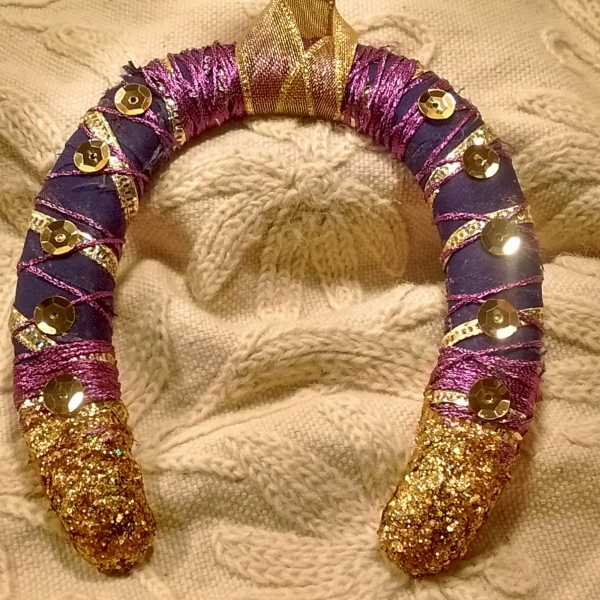In How to Attract Good Luck: Four Secrets Backed by Research, Eric Barker covers the findings of psychologist Richard Wiseman on bad luck, good luck, and whether we have any control over any of it. Some of the findings may surprise you, no matter where you are along the spectrum between the cold, hard, and empirical and the warm, fuzzy, and woo-woo.
A few takeaway bits:
Some people do tend to be luckier than others, but we *can* change our luck. And believing that is a critical component of “being lucky.” Other components include these:
- Taking chances and trying new things.
- Acting on our intuition (at least in areas where we have some experience).
- Accepting that optimism does sometimes involve a bit of illusion and being ok with that.
What does that mean?
Well, among other things, it means there’s power in what Wiseman calls “positive superstitions” even if you don’t believe there’s anything magical or supernatural about good luck charms. They can enhance performance and increase happiness in quantifiable and statistically significant ways.
Basically, the science shows that good luck charms work. The psychologists and the rootworkers might not agree entirely on *how* they work, but that they work is indisputable: they improve performance on both physical and mental tasks in studies involving everything from memory and information retention to playing golf. According to Wiseman, they do this at least in part by increasing your sense that you have any control over the vagaries of life and the apparent randomness of chance, and that sense of control vs. powerlessness is a *huge* factor in how successfully we navigate life (as both psychologists and spiritual workers can tell you).
It also means that a little irrational overconfidence can increase your productivity and make you a better team player. It can reduce your stress and increase your tolerance for discomfort and pain. Optimism fueled by the willingness to be ok with a little illusion can certainly improve your love life: your partner and their various human foibles look better through rose-colored glasses.
It is objectively true that there are some horrible things about this world, that life isn’t fair, that resources and privileges are not handed out according to merit (at least not in any way that we can grok from our limited temporal human perspectives). Some might argue that viewing the world and your life with optimism in light of some of these unrelenting horrors is unrealistic self-delusion. Perhaps so, but as Wiseman’s work discusses, the science shows that a little self-delusion about the possibility for things to get better and for your actions to make a difference is far preferable to what Wiseman calls “paralysis by analysis.”

So don’t be ashamed of that lucky underwear or lucky coin, and don’t scoff too much at your aunt’s black-eyed peas for the new year or your coworker’s rabbit foot keychain. People are complex. The world and our lives in it are influenced by far more complicated and intricate networks or webs than we can possibly truly comprehend or accurately measure. And while we may, perhaps, one day be able to explain absolutely everything with plain old science and measurable data, we are far, far away from that day. In the meanwhile, it helps to have a little irrational faith.
Peruse impressive collections of lucky charms and the lore surrounding them at the Church of Good Luck and The House of Good Fortune. Get your hands on any number of an astonishing array of good luck charms from around the world at Lucky Mojo Curio Co.
